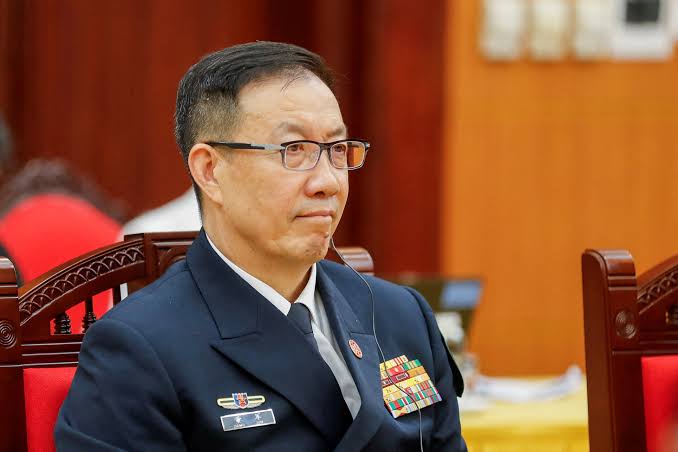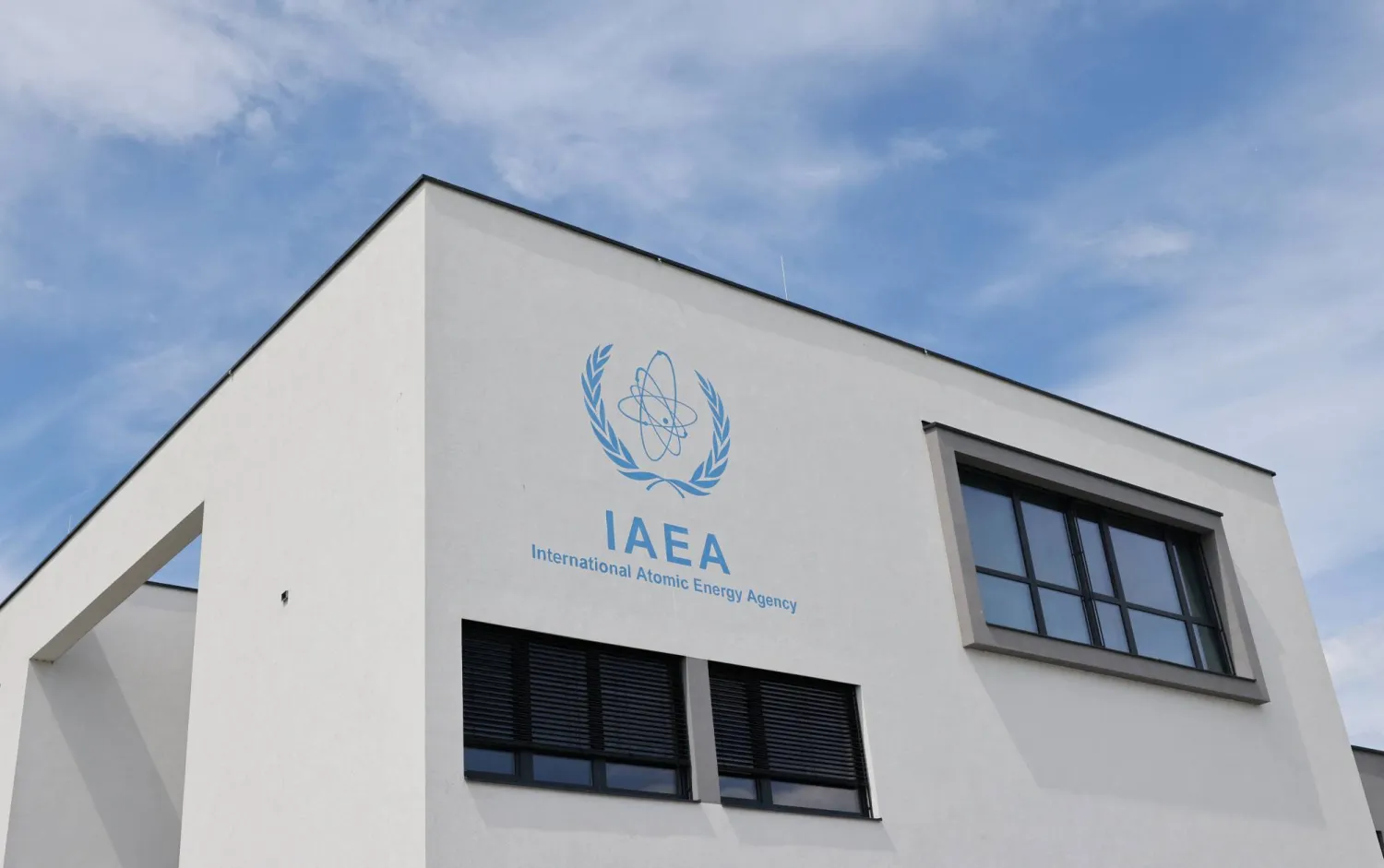China’s Defense Minister Dong Jun will not attend the upcoming Shangri-La Dialogue, a major Asian security forum, where U.S. Defense Secretary Pete Hegseth is scheduled to make his debut. Instead, China will send a lower-level academic delegation, the defense ministry announced on Thursday.
A delegation from the People’s Liberation Army National Defense University will participate in the Shangri-La Dialogue in Singapore from May 29 to June 2, according to spokesperson Senior Colonel Zhang Xiaogang at a press conference.
Zhang did not provide a reason for the decision. In previous years, China has sent its defense minister to the high-profile summit, which typically draws defense ministers, senior military and security officials, and diplomats from around the world.
Last year’s event included a bilateral meeting between Dong and then-U.S. Defense Secretary Lloyd Austin. However, Dong later declined a meeting with the Pentagon chief in Laos last November.
When asked about the possibility of a meeting with the American delegation this year, Zhang did not confirm. U.S.-China military relations have deteriorated in recent months, with many working-level dialogue channels established during the Biden administration suspended since Trump took office.
“China places great importance on U.S.-China military ties, and is open to communication at different levels,” Zhang said.
Read more: Saudi Arabia Deploys Drones to Enforce Hajj Permit Regulations
“We hope the U.S. will earnestly respect our core interests and major concerns, work with us in the same direction, and promote the steady and sound development of military-to-military relations.”
Hegseth is expected to deliver his first major address in Singapore on Saturday, outlining his vision for U.S. defense policy in the Indo-Pacific. His speech will be closely scrutinized by Asian allies for insights into how the Trump administration views the threat of China’s military modernization and ongoing tensions in disputed waters across East and Southeast Asia.
U.S. officials have stated that Hegseth will attempt to convince Asian allies that Washington is a more reliable partner than Beijing.
Since taking office, Hegseth has expressed a desire to “take back” the Panama Canal from Chinese influence and has described Japan as “indispensable” for addressing Chinese military aggression in the region.
China has ongoing maritime disputes with the Philippines in the South China Sea, which is also claimed by several other countries in the region. Recently, Korea and Japan have voiced concerns about China-built structures and its military presence in the Yellow Sea and East China Sea.




